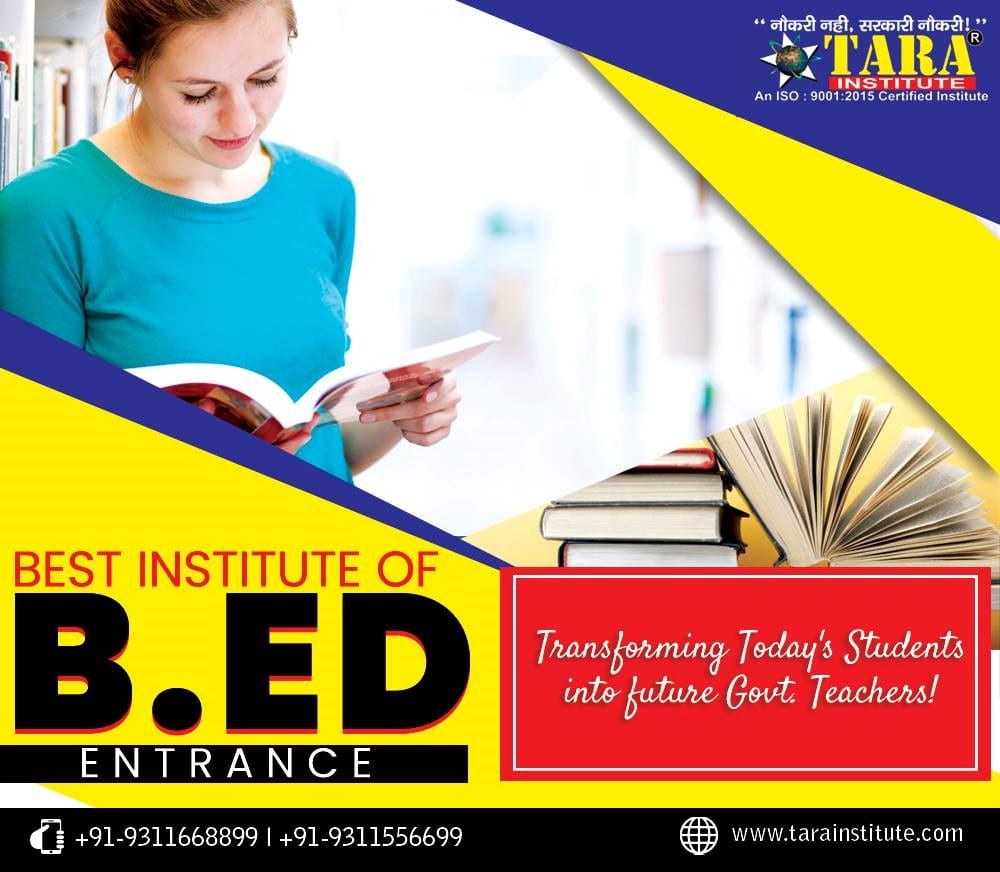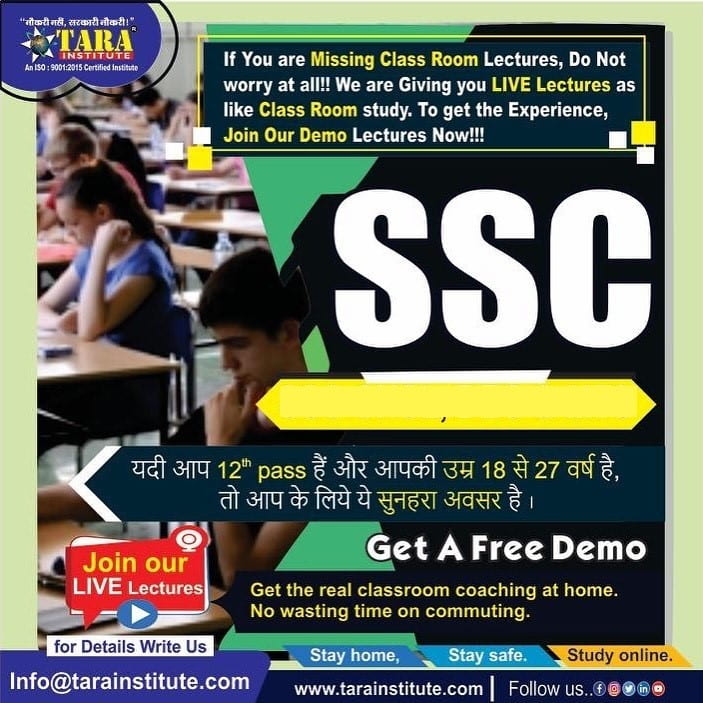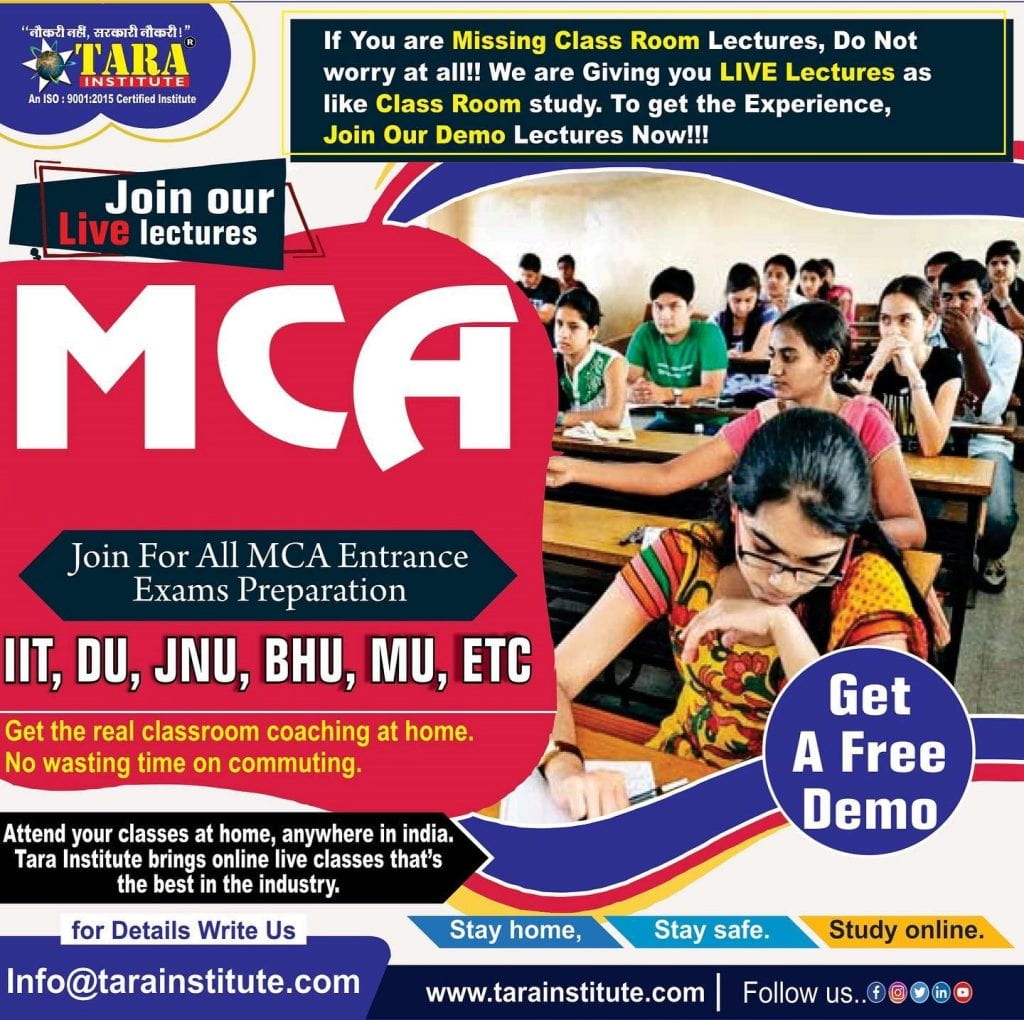
Introduction:
Entering the field of education is a noble pursuit, and pursuing a Bachelor of Education (B.Ed.) degree is often the first step towards a rewarding career as a teacher. However, gaining admission to a reputable B.Ed. program requires successfully navigating the B.Ed. entrance exam. In bustling educational hubs like Delhi, where competition is fierce, proper time management techniques are crucial for exam success. This article delves into effective strategies to manage your time efficiently while preparing for the B.Ed. entrance exam, with a focus on availing B.Ed entrance coaching in Delhi.
Understanding the Importance of Time Management:
The B.Ed. entrance exam often encompasses diverse areas like Child Development and Pedagogy, Language Proficiency, and Reasoning Ability. Each section requires a strategic approach to ensure you complete all questions within the allotted time. Effective time management empowers you to:
- Maximize Exam Performance: By allocating sufficient time to each section based on its weightage and difficulty level, you can focus on maximizing your score.
- Reduce Exam Stress: Time pressure is a significant contributor to exam anxiety. Well-honed time management skills allow you to approach the exam with a calmer and more confident mindset.
- Develop Discipline and Organization: Effective time management fosters discipline and organization skills that are invaluable assets not only in exam preparation but also throughout your teaching career.
Crafting a Winning Time Management Strategy:
Here’s a breakdown of practical techniques you can incorporate into your B.Ed. entrance exam preparation journey:
- Create a Realistic Study Schedule: The cornerstone of effective time management is a well-defined study schedule. Analyze the B.Ed. entrance exam syllabus thoroughly and allocate dedicated time slots for each subject based on its complexity and weightage. Factor in your existing commitments and ensure you schedule sufficient rest periods to avoid burnout. Consider seeking guidance from B.Ed. entrance coaching institutes in Delhi for customized time management strategies aligned with their course structure.
- Prioritize and Conquer: Not all topics within each section carry equal importance. Utilize resources provided by your coaching institute or reliable references to identify high-weightage areas. Prioritize these topics and allocate more study time to mastering them.
- Embrace the Power of Lists: Utilize to-do lists to break down your study goals into manageable chunks. This approach allows you to visualize your progress and stay motivated throughout your preparation. Compile separate lists for daily, weekly, and long-term tasks to maintain a clear roadmap for your journey.
- Harness the Pomodoro Technique: The Pomodoro Technique advocates for focused work intervals followed by short breaks. Consider working in focused 25-minute blocks, followed by 5-minute breaks to refresh your mind. This method helps maintain concentration and prevents mental fatigue.
- Minimize Distractions: Distractions like social media notifications, phone calls, or a cluttered environment can significantly impede your study progress. Designate specific times to check messages and create a conducive study space free from distractions. Coaching institutes in Delhi often provide dedicated study spaces focused on minimizing distractions, fostering focused learning.
- Practice Makes Perfect: Time management during the actual exam is crucial. While preparing, incorporate mock tests offered by your coaching institute or readily available online resources. Simulate the exam environment during mock tests, focusing on completing each section within the time limit. Analyze your performance after each
mock test and adjust your time allocation strategy based on your results. - Learn to Say No: During your preparation period, you might face requests for your time that conflict with your study schedule. It’s crucial to learn to politely decline these requests and prioritize your B.Ed. entrance exam goals.
Leveraging Your B.Ed. Entrance Coaching Institute:
Delhi boasts a vibrant network of B.Ed. entrance coaching institutes offering a structured learning environment and valuable resources. Beyond subject-specific expertise, these institutes can significantly enhance your time management skills through:
- Structured Course Schedule: Coaching institutes provide a pre-defined curriculum that sequences topics strategically to maximize learning efficiency.
- Time Management Guidance: Many institutes offer workshops or seminars dedicated specifically to time management techniques for B.Ed. entrance exams.
- Regular Mock Tests and Analysis: Regular mock tests conducted in a simulated exam environment allow you to assess your time management skills under pressure. Coaching institutes provide feedback and insights based on your performance, helping you refine your time allocation strategy.
Beyond Coaching: Additional Tips for Success:
The journey to B.Ed. entrance exam success extends beyond the guidance provided by coaching institutes in Delhi. Here are some additional strategies to leverage your time effectively:
- Identify Your Peak Learning Hours: Our brains function at different capacities throughout the day. Some individuals learn best in the mornings, energized and focused after a good night’s sleep. Others flourish in the evening or late at night, when the world is quieter and distractions are minimal. Pay attention to your natural rhythms and schedule your most challenging subjects or focused study sessions during your peak learning hours. Utilize the expertise of your B.Ed. entrance coaching institute’s faculty or counselors to discuss your learning style and identify strategies that align with your natural tendencies.
- Utilize Travel Time Productively: For many B.Ed. aspirants, commuting to coaching institutes or attending online classes consumes a significant portion of their day. Don’t let this valuable time go to waste! Transform your commute into a mini-study session. Listen to recorded lectures provided by your coaching institute or online resources. Utilize this time to revise notes, memorize key concepts through flashcards, or solve practice questions from previous years’ entrance exams or mock tests offered by your coaching institute.
- Embrace the Power of Technology: Technology can be a powerful ally in your time management journey. Utilize educational apps designed specifically for B.Ed. entrance exam preparation. Many of these apps offer features like topic-wise practice questions, timed quizzes, and personalized learning plans. Explore online resources such as educational websites or YouTube channels dedicated to B.Ed. entrance exam preparation. These platforms offer valuable video lectures, revision materials, and tips from experienced educators, all accessible at your convenience. B.Ed. entrance coaching institutes in Delhi are increasingly incorporating technology into their teaching methods. Look for institutes that utilize online learning platforms, mobile apps, or e-learning resources to supplement classroom instruction and provide students with flexible learning opportunities.
- Maintain a Healthy Lifestyle: A healthy mind and body are essential for effective study and peak performance. Prioritize a balanced diet rich in brain-boosting foods like fruits, vegetables, and whole grains. Ensure you get adequate sleep — aim for 7–8 hours per night — to allow your brain to consolidate information and refresh itself for the next day’s challenges. Schedule regular exercise breaks to release stress and improve blood flow to the brain. By prioritizing your well-being, you’ll maintain the focus and stamina needed for sustained preparation.
- Reward Yourself: The B.Ed. entrance exam preparation journey can be demanding. Acknowledge your achievements and celebrate milestones along the way. Reward yourself for completing a challenging topic, achieving a target score on a mock test, or maintaining your study schedule for a week. These rewards will serve as positive reinforcement and motivate you to continue pushing forward.
Conclusion:
Effective time management is a crucial skill not just for the B.Ed. entrance exam but also for a successful career in teaching. By implementing the strategies outlined above and leveraging the resources offered by B.Ed. entrance coaching institutes in Delhi, you can conquer the time crunch, excel in your exams, and take the first step towards a rewarding journey as an educator. Remember, the key lies in planning, organization, discipline, and a commitment to utilizing your time wisely. With dedication and a strategic approach, you can master the clock and unlock the doors to a fulfilling career in education.
Reference Link(OriginallyPosted):https://medium.com/@tarainstitute70/mastering-time-management-techniques-for-effective-b-ed-entrance-exam-e73f0df0f93b
https://techplanet.today/post/mastering-time-management-techniques-for-effective-bed-entrance-exam







